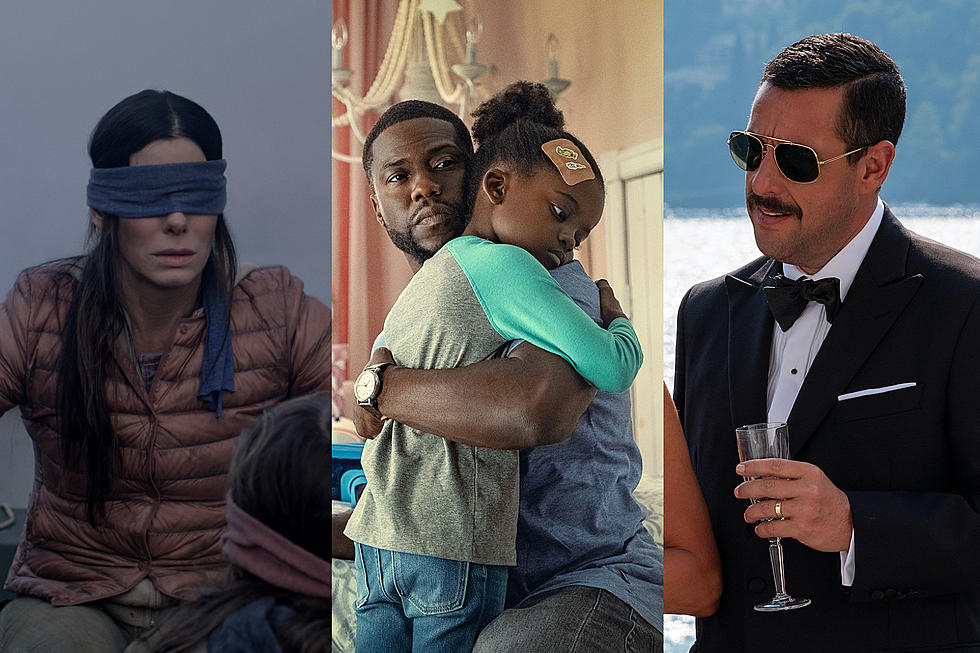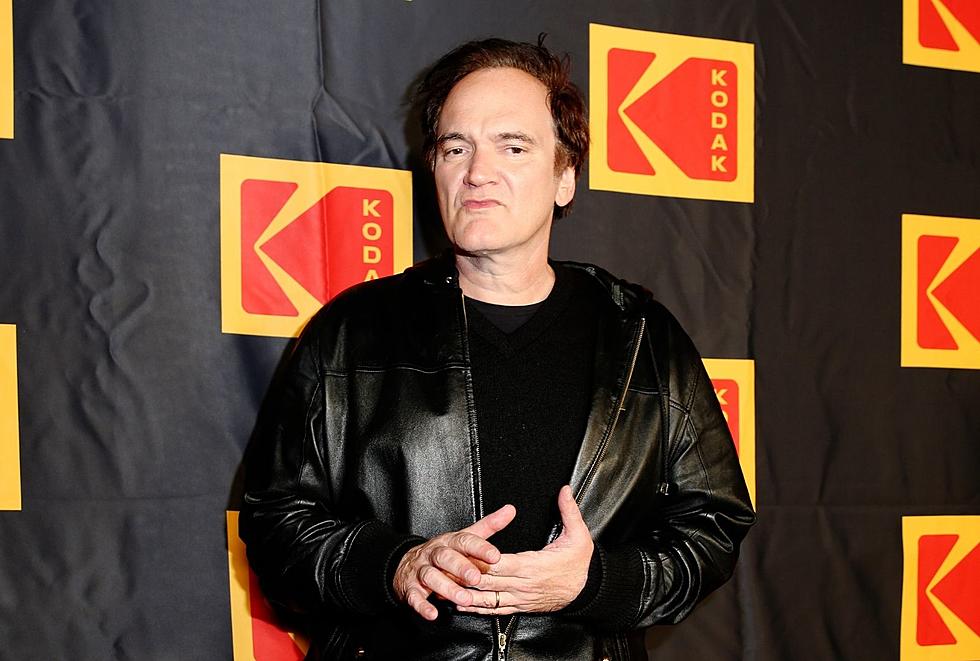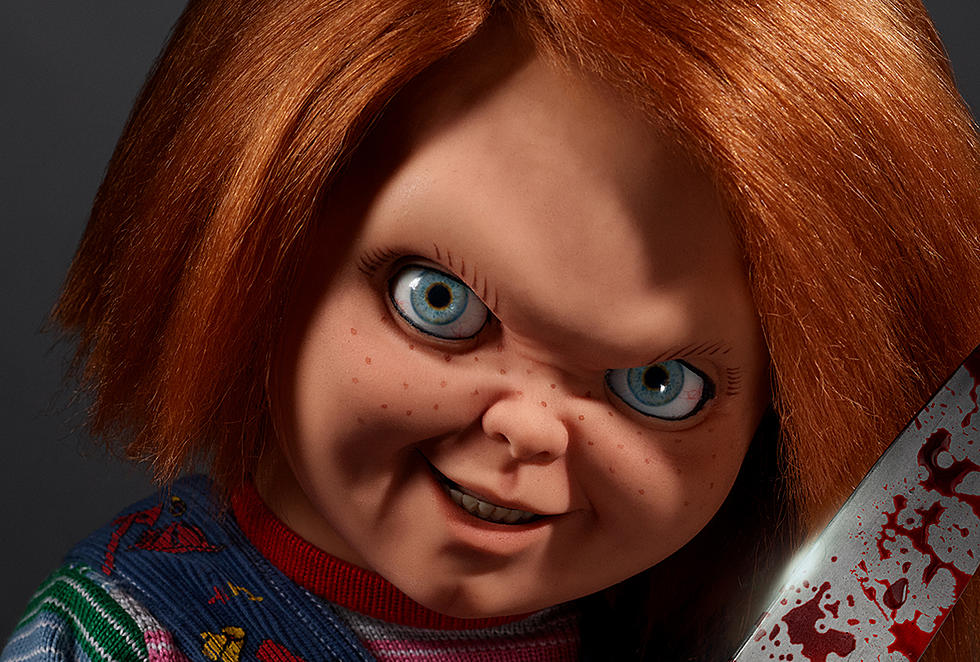
Literally Speaking With Hugh Dancy
You probably know the name Hugh Dancy, and you might even know his face, but you may not be able to connect the two. For now, at least. Born in England, Dancy has seen his film career take off over the past decade, playing everything from an Airborne Ranger (Black Hawk Down) to a prince (Ella Enchanted), interspersed with stints onstage. And even though he’s half of a high-wattage couple — he’s been married to Claire Danes since 2009 — Dancy has been able to mostly enjoy a low profile thus far.
His next appearance might change that, though. Dancy co-stars this fall in the movie Martha Marcy May Marlene, which is equally creepy, terrifying and suspenseful. It begins with the titular character, played by Elizabeth Olsen, running away from a cult in upstate New York. She returns to her family, and over the next 90 minutes, recalls her life with the cult and struggles to adapt to family life alongside her brother-in-law, Dancy.
I saw Martha Marcy May Marlene yesterday and tried to explain it to my wife, but I couldn’t. There are so many layers to it.
[Laughs] Right, there is no one-sentence pitch for that movie. I got sent the script and read it one night and was freaked out by it. As it happens, I was in a farmhouse in upstate New York on my own. Then I met with Sean [Durkin, writer-director], had a half-an-hour conversation, and knew that I wanted to do it.
Looking at the roles you’ve played, this character, Ted, an architect, seemed almost plain by comparison.
Well, I don’t necessarily agree with that. I think what was really interesting about this role was that it’s a balancing act all the way through. You’re never quite sure of his motives. He has different and conflicting, I think, urges and behavior.
Sure. In that sense, I didn’t know what was going to happen between Ted and Martha.
Right, that’s definitely part of it — there under the surface, unclear what’s going on. And the movie really allows for the suggestion of that question but really doesn’t answer it. So when we were playing the scenes, you want to capture that sense of ambiguity.
You studied English literature at Oxford. That must be some sort of advantage when you’re reading a script.
You know, it’s probably more the fact that I studied literature that speaks to the fact that I enjoy language, and the two go hand in hand, more than I learned any particular tools when I was at university that I now bring to reading scripts. It’s probably more relevant in this stage. I must have read thousands and thousands of scripts, and slowly it does hone your sense of what might work.
This fall, you’re on Broadway in Venus in Fur. When you do a play, you’re only onstage for a few hours each day, but is it a completely consuming experience?
You’ll hear about some people who do a TV show during the day and then rush off to do a play in the evening. Frankly, it kind of astonishes me, because I don’t know where that energy comes from. If you’re doing it right, I think, acting onstage is pretty exhausting, but also very, very rewarding. It’s extremely fulfilling, except for the nights you come off and grade yourself. But I don’t tend to do that to myself too much. For some reason, that two hours each night is energy intensive.
You split your time now between New York and London. What is it you like about New York?
The fact that my wife’s from there. More than that, I’d been to New York a few times for work and had always entertained a kind of happy fantasy that maybe I’d get to spend a year here. It’s the energy of it, the constant pace, the fact that it’s constantly changing, the incredible mash-up of cultures and orientations and personalities. It’s exciting.
(This article originally appeared in the Spring 2012 issue of ANTENNA.)
More From Antenna Mag









